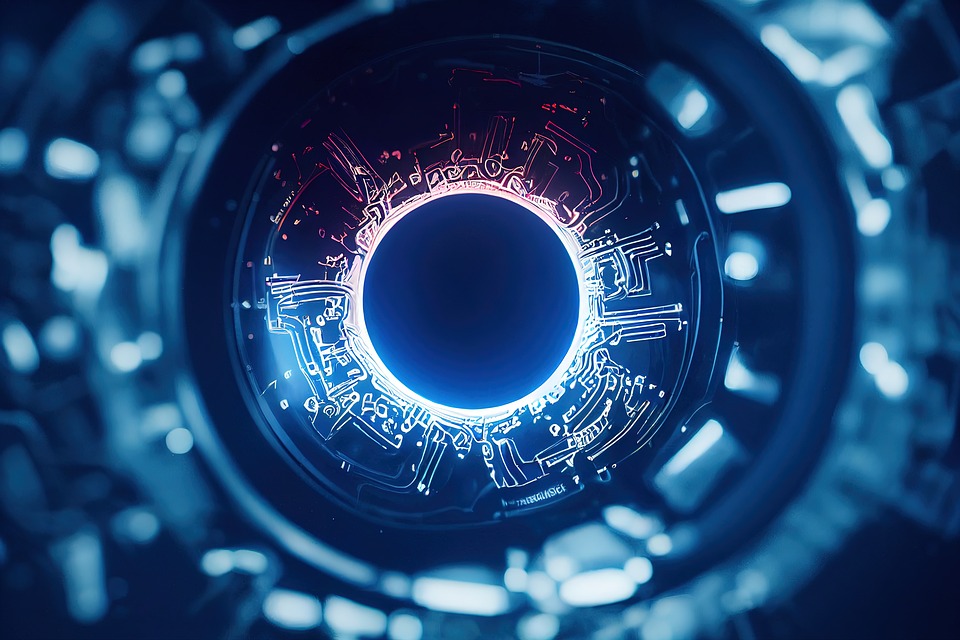
Will AI replace software engineers? A balanced perspective.
The rise of AI coding assistants like GitHub Copilot and increasingly sophisticated language models has sparked intense debate about the future of programming jobs. While some predict the imminent obsolescence of human programmers, the reality is far more nuanced.
The Current State of AI Programming Tools
Today’s AI tools excel at certain programming tasks: generating boilerplate code, suggesting completions, and helping debug common issues. They can significantly boost developer productivity by handling repetitive tasks and providing quick solutions to standard problems.
However, these tools remain assistive rather than replacements. They work best when guided by human developers who understand the broader context, requirements, and implications of the code being written.
What AI Can’t (Yet) Replace
System Design and Architecture
Programming isn’t just about writing code. It’s about understanding business requirements, designing scalable systems, and making architectural decisions that align with long-term goals. AI tools currently show no ability to grasp these higher-level concerns.
Problem Understanding and Translation
Converting vague human requirements into working software remains a distinctly human skill. It requires empathy, communication, and the ability to read between the lines of what clients or stakeholders are requesting.
Code Quality and Maintenance
While AI can generate functional code, it often lacks the insight to create maintainable, efficient solutions. Human programmers are still essential for ensuring code quality, performance optimization, and long-term sustainability.
The Evolution of Programming Jobs
Rather than elimination, we’re likely to see a transformation of programming roles:
- Focus shifts from writing basic code to higher-level problem solving and system design
- Increased emphasis on AI tool expertise and prompt engineering
- Greater importance placed on soft skills and business understanding
- New specializations emerging around AI-human collaboration in development
The Human Edge
Programmers bring crucial qualities that AI currently lacks:
- Creativity in solving novel problems
- Understanding of business context and user needs
- Ability to make ethical decisions about code implementation
- Capacity for innovative thinking and architectural vision
Looking Ahead
Instead of replacement, we’re moving toward augmentation. The most successful programmers will be those who learn to effectively collaborate with AI tools, using them to handle routine tasks while focusing their own efforts on higher-value activities.
The future likely holds:
- Increased productivity through AI assistance
- Evolution of programming skills and job requirements
- New opportunities in AI-related development
- Continued demand for human insight and expertise
Conclusion
AI isn’t going to take programmers’ jobs - it’s going to transform them. The key to thriving in this new landscape is adaptation: embracing AI tools while developing the uniquely human skills that machines cannot replicate. The future belongs not to those who resist AI, but to those who learn to work alongside it effectively.
Ready to leverage AI in your business? Contact D2 Digital Solutions to explore custom AI-powered automation solutions that can transform your operations.